
Introduction
Dog animation is a fascinating art form that brings our beloved furry friends to life through the power of technology. This article will explore the world of dog animation, its history, techniques used, and its impact on entertainment and media. Whether you are a dog lover, an animation enthusiast, or simply curious about this unique form of art, you're in for a treat!
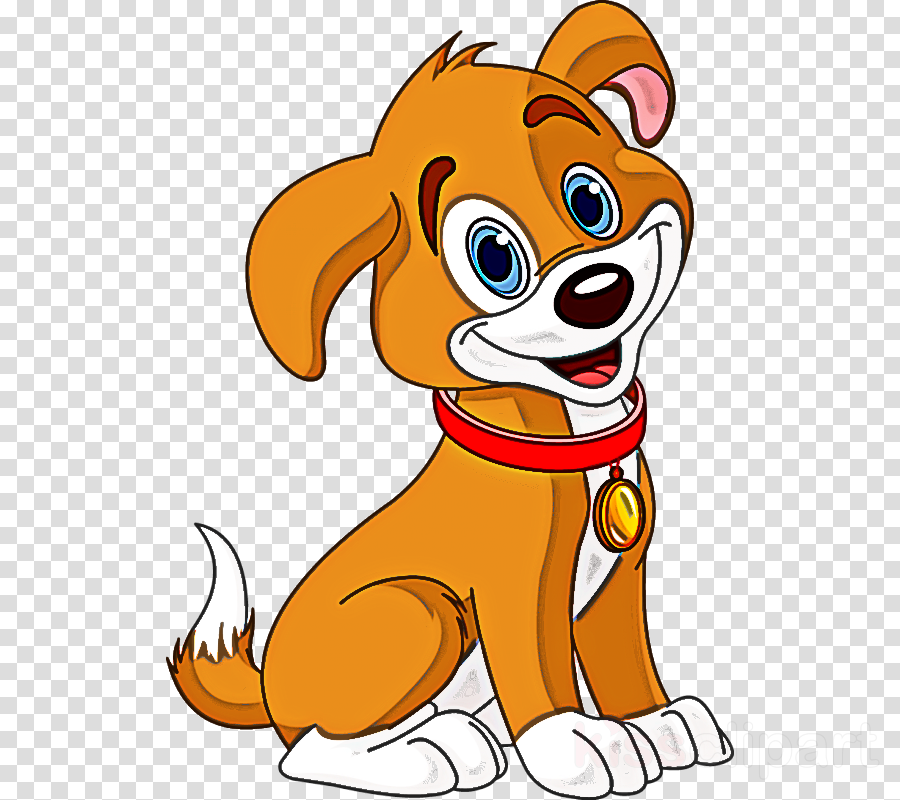
A Brief History of Dog Animation
Animation has a long and rich history, dating back to the late 19th century. The first dog animation can be traced back to 1907 when J. Stuart Blackton created "Humorous Phases of Funny Faces," which featured a dog character. Since then, dog animation has evolved significantly, becoming a staple in various forms of media and entertainment.
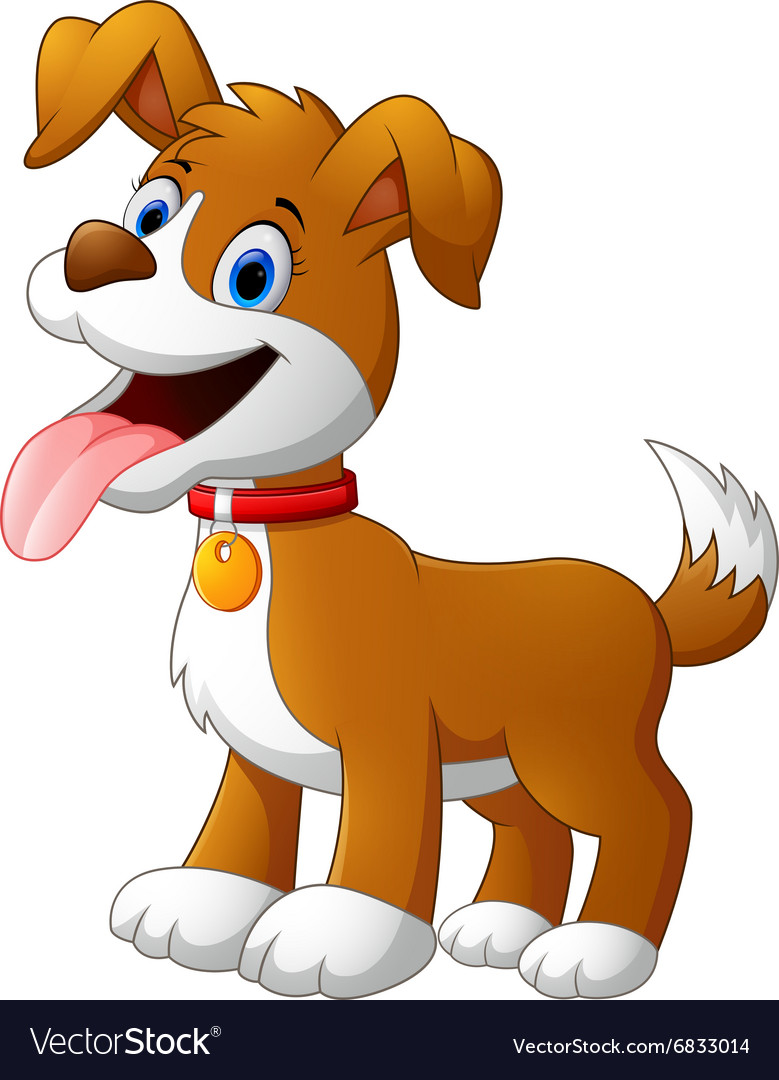
Techniques Used in Dog Animation
Creating dog animation involves a combination of traditional and modern techniques. Traditional hand-drawn animation is still used, where artists meticulously draw each frame to bring the dog characters to life. However, with technological advancements, computer-generated imagery (CGI) has become increasingly popular, offering more realistic and visually stunning dog animations.
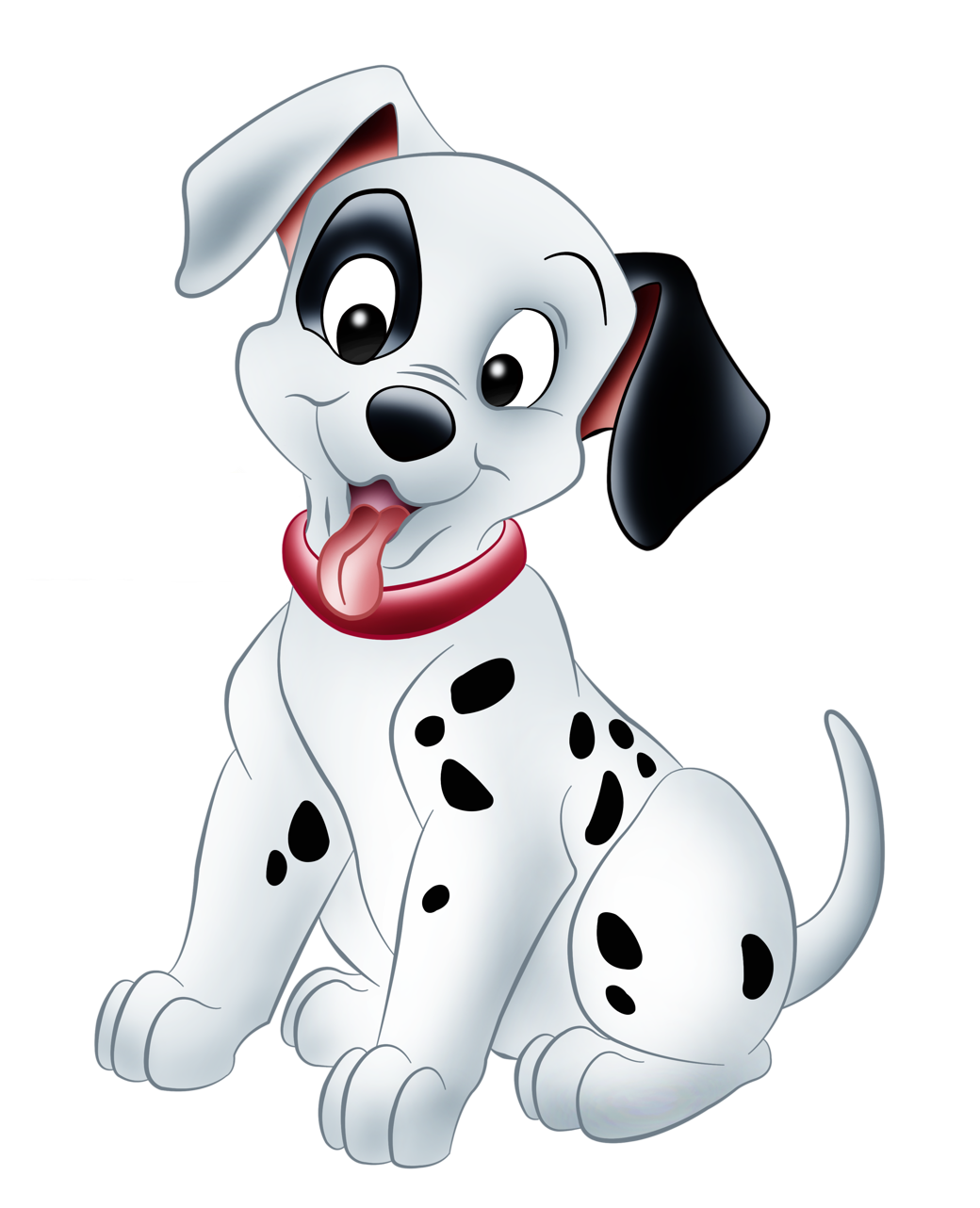
Applications of Dog Animation
Dog animation is widely used in various forms of media, including movies, television shows, advertisements, video games, and even educational content. In movies like "Lady and the Tramp" and "101 Dalmatians," dog animation has played a significant role in creating memorable and lovable characters that resonate with audiences of all ages.
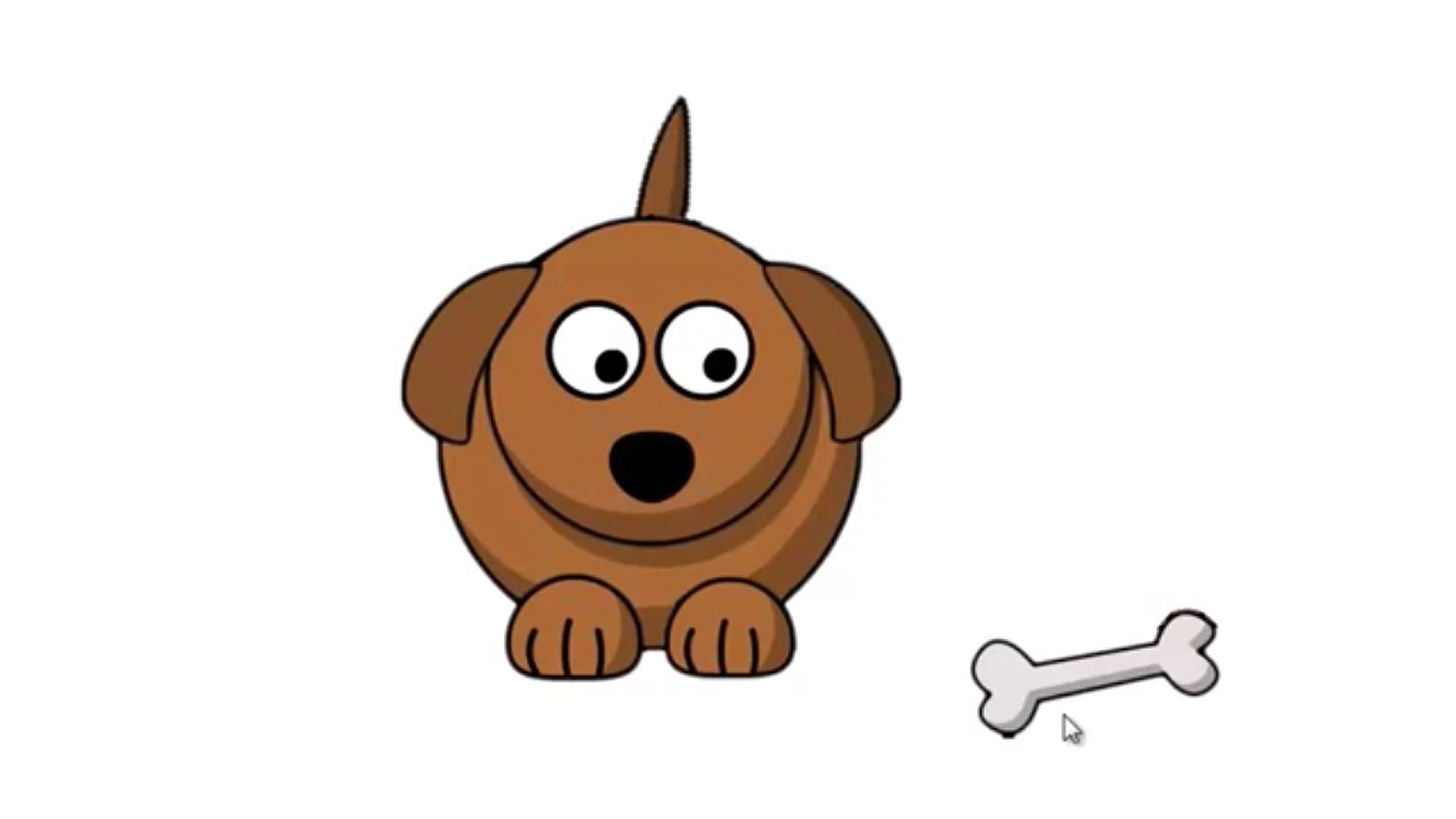
The Impact of Dog Animation on Entertainment
Dog animation has had a profound impact on the entertainment industry. It allows filmmakers and animators to tell captivating stories, evoke emotions, and create unique worlds populated by animated dogs. From heartwarming tales to action-packed adventures, dog animation has captured the hearts of millions and continues to be a beloved genre in animation.
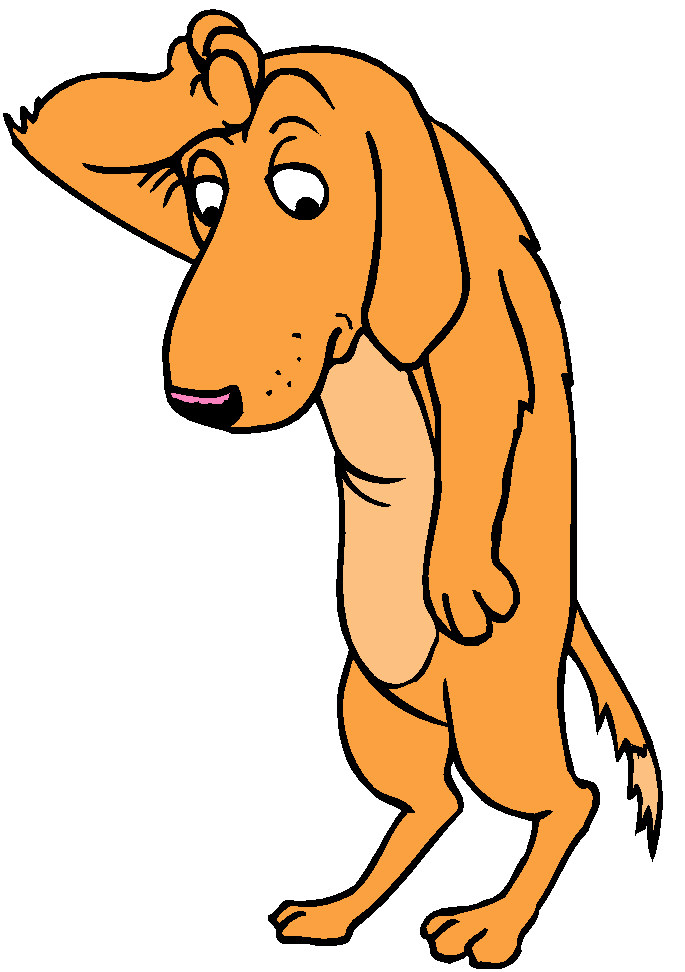
The Process of Creating Dog Animation
The process of creating dog animation is a labor-intensive one that requires a team of talented artists and animators. It starts with conceptualizing the characters, followed by storyboarding, where key scenes and actions are planned. Then, the animators bring the dogs to life by carefully crafting their movements, expressions, and interactions, frame by frame.
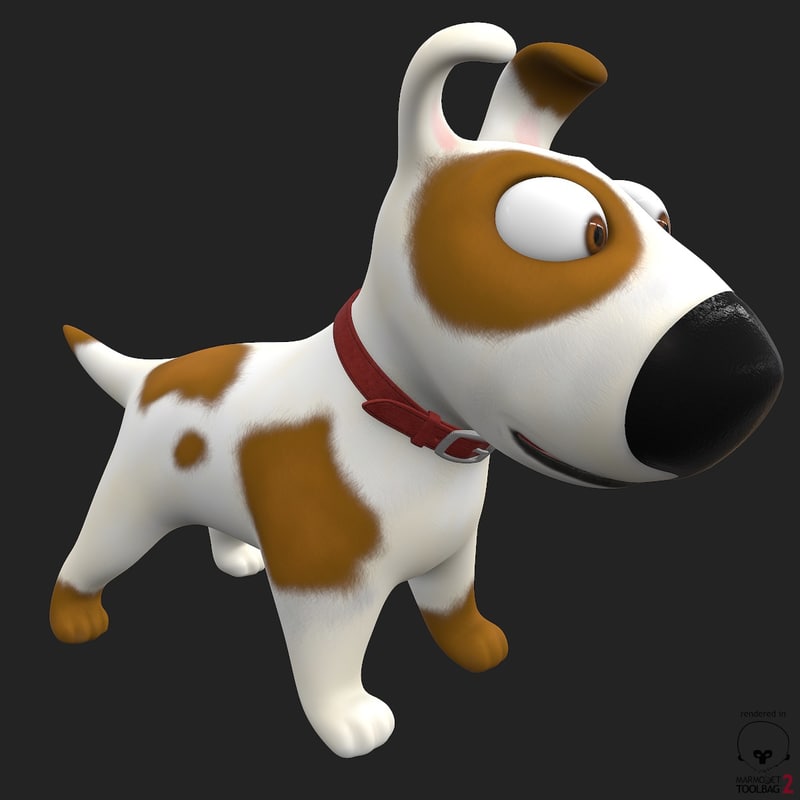
Famous Dog Animation Characters
Over the years, several iconic dog animation characters have become household names. From classic characters like Snoopy from "Peanuts" to modern favorites like Bolt from the Disney movie of the same name, these characters have left a lasting impression on audiences worldwide, showcasing the versatility and charm of dog animation.
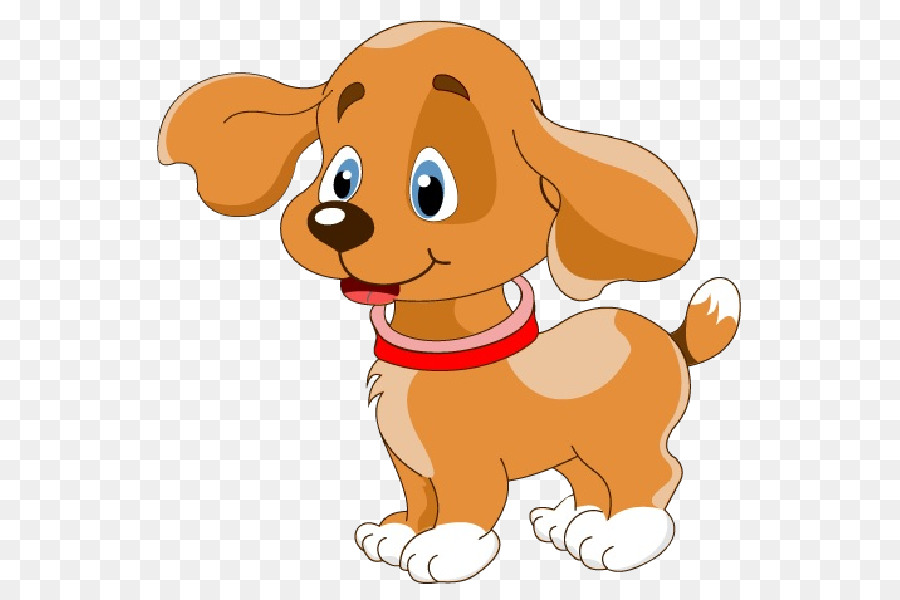
The Future of Dog Animation
As technology continues to advance, the future of dog animation looks promising. With the rise of virtual reality (VR) and augmented reality (AR), we can expect more immersive and interactive dog animations. Additionally, advancements in AI and machine learning may lead to more realistic and intelligent dog characters, enhancing the overall viewing experience.

Conclusion
Dog animation is a captivating art form that has brought joy and entertainment to audiences around the world. It combines creativity, skill, and technology to create lifelike and endearing dog characters that leave a lasting impact. Whether it's in movies, TV shows, or video games, dog animation continues to evolve and captivate audiences of all ages.